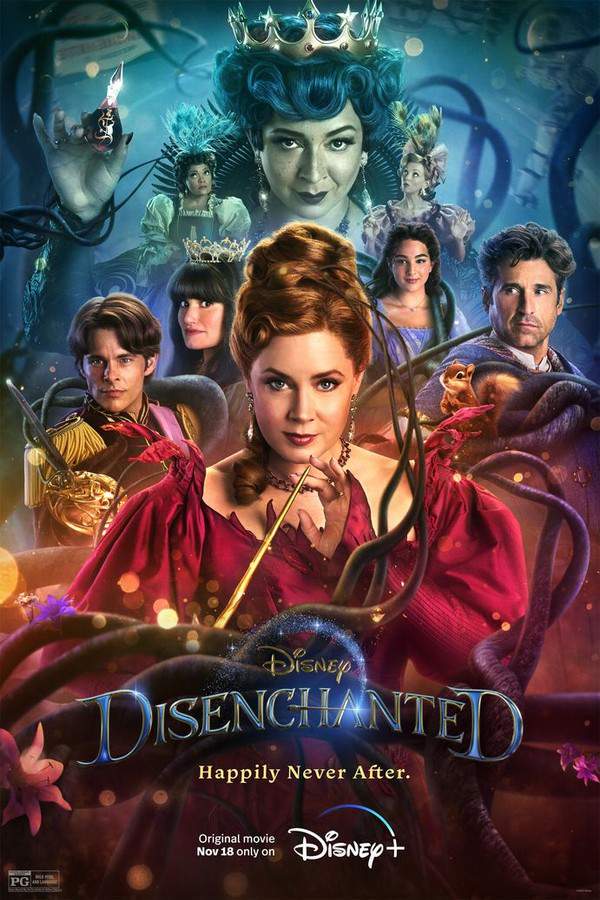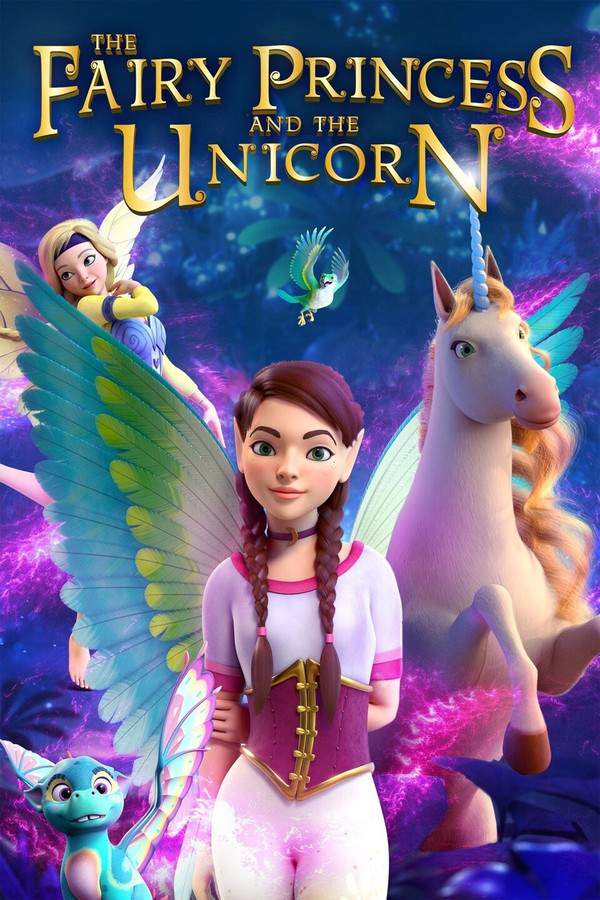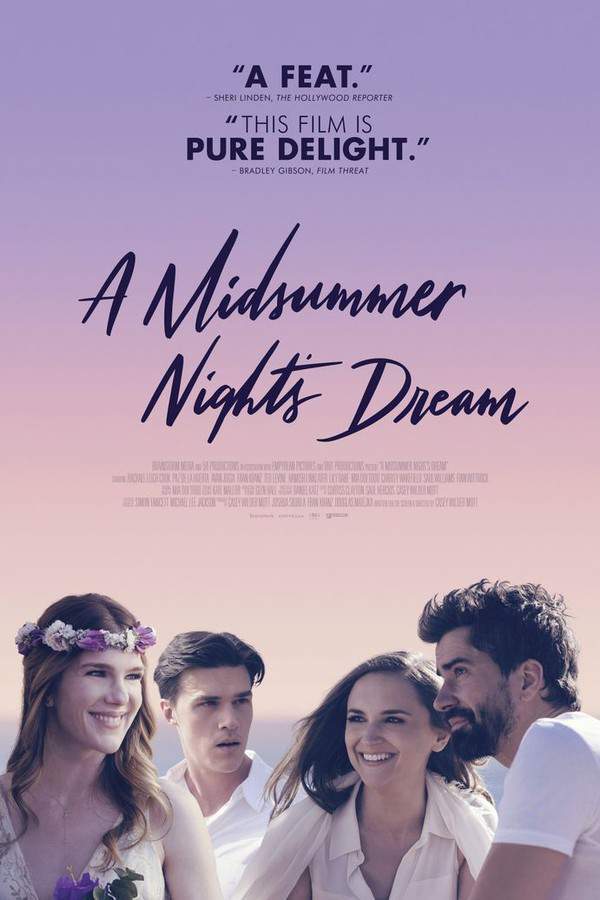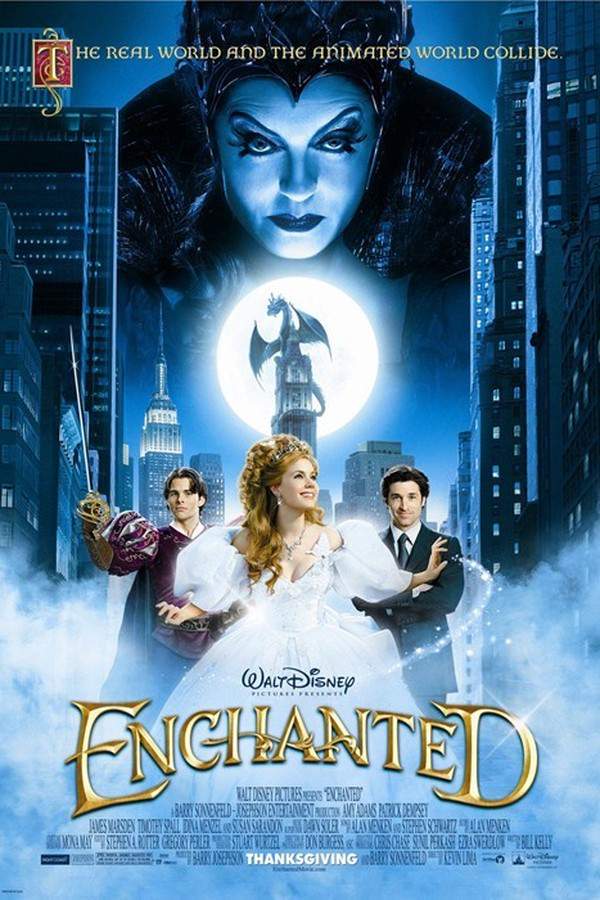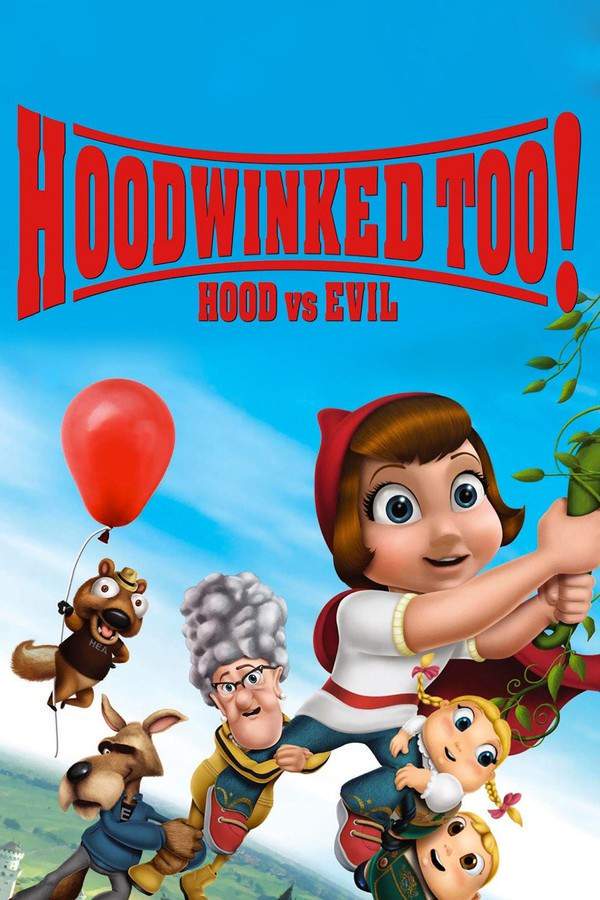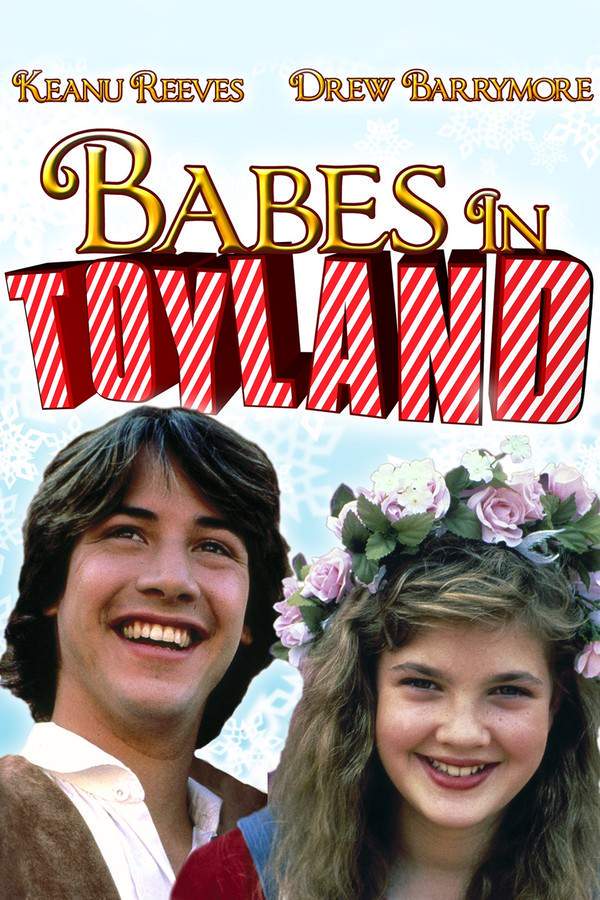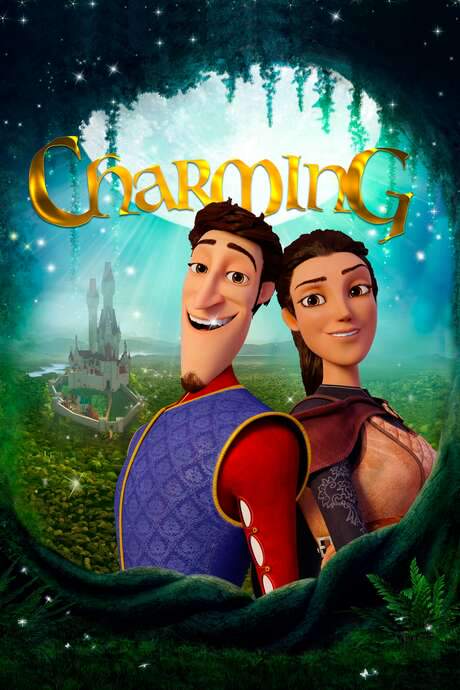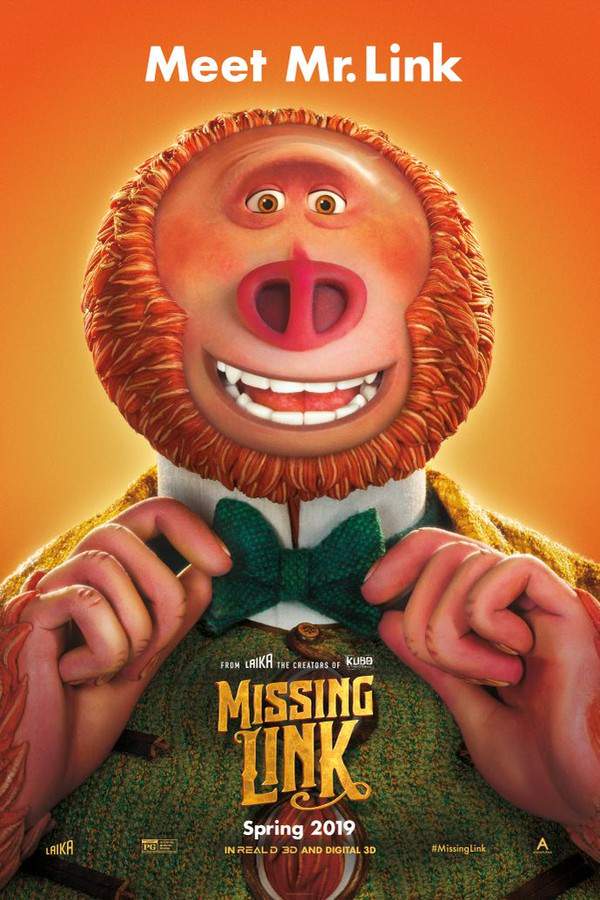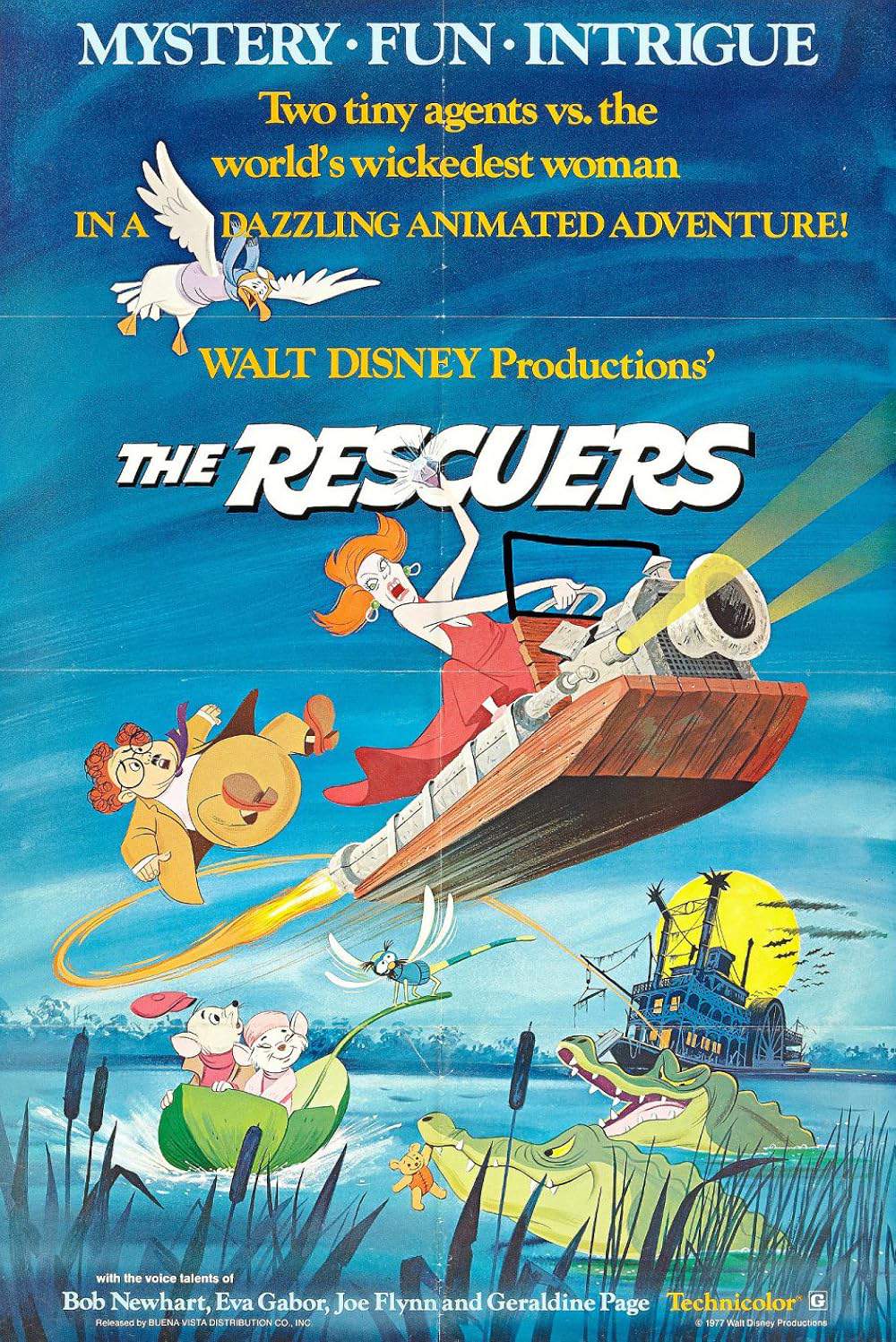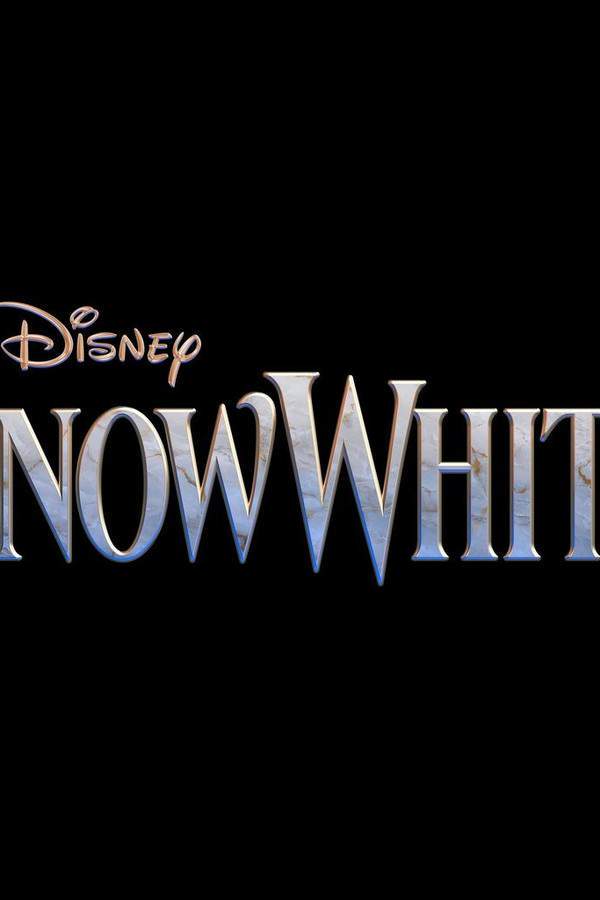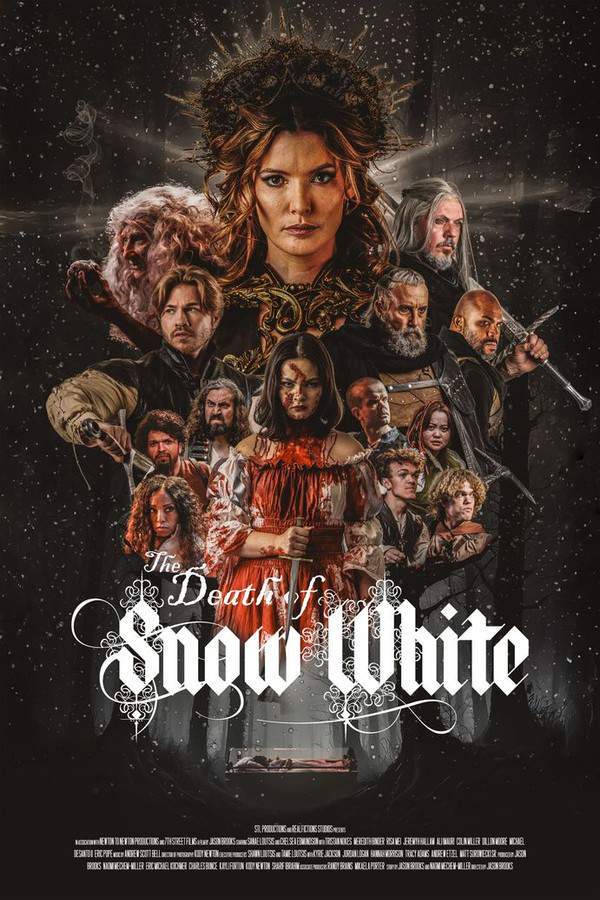
7 Dwarves - Men Alone in the Woods
Year: 2004
Runtime: 95 mins
Language: German
Director: Sven Unterwaldt Jr.
Deep in the Enchanted Forest, a community of seven dwarves guard a female‑free zone, but they are instantly enchanted by Snow White’s innocence when she stumbles into their realm. When the evil queen kidnaps her, the dwarves band together and embark on a daring rescue to save her life.
Warning: spoilers below!
Haven’t seen 7 Dwarves - Men Alone in the Woods yet? This summary contains major spoilers. Bookmark the page, watch the movie, and come back for the full breakdown. If you're ready, scroll on and relive the story!
7 Dwarves - Men Alone in the Woods (2004) – Full Plot Summary & Ending Explained
Read the complete plot breakdown of 7 Dwarves - Men Alone in the Woods (2004), including all key story events, major twists, and the ending explained in detail. Discover what really happened—and what it all means.
Little Red Riding Hood is wandering the meadow, chasing blossoms, when she strays into Unterwaldt, a shadowy forest where mischief lurks behind every tree. A small, loyal dwarf named Bubi watches her from the bushes, but his covert interest soon spirals into trouble: a bear attack reveals the creature to be the disguise of the dwarf Tschakko. The revelation isn’t just a prank—the dwarves’ rules forbid women from being in their world, and Tschakko is punished in a childish, ticklish way by a troupe of nimble squirrels until the night air fills with giggles and disbelief.
The dwarves convene to discuss next steps, and the arrival of a comically oversized, too-ambitious visitor named Ralphie stirs up trouble and laughter in equal measure. The council decides on a drastic, if somewhat misguided, plan to keep women out of the forest forever: they blow up the bridge, or at least post a stubborn sign banning all women from passing. Their long history with explosives makes this approach feel half-baked, but the sign remains a stubborn symbol of their fear and prejudice.
Across the realm, the queen consults her magic The Mirror in the Wall and learns that Snow White, while beloved for her beauty, is considered even more glorious by fate. The queen summons the The Hunter, a hardened tracker who once followed orders to remove Snow White from the world. The hunter had previously taken Snow White to an orphanage, a fact that weighs on him even as he returns to the castle, dog Brutus at his side and a shadow over his loyalty.
Snow White herself is an emblem of naïve innocence at the orphanage, playing with dolls as the ghostly voice from the mirror speaks through the dollhouse. When the round-up intensifies, she flees, trailing the hunter’s search through the corridors and corridors until the hunter claims he can no longer follow her scent. He tells the queen a grim tale: Brutus has mauled Snow White into pieces and eaten her, a story designed to terrify and justify the queen’s pursuit.
Back at the cottage, Snow White is discovered napping and, for a moment, the dwarves consider discarding her. A surprising suggestion—to split the house into two halves—shifts the mood, and Snow White persuades them that size isn’t destiny; lifestyle determines who belongs in their world. Yet a restless Ralphie’s plea to become the seventh dwarf is rebuffed, reminding everyone that “there are already seven dwarves.”
As Snow White and the dwarves contour a fragile coexistence, the queen’s paranoia deepens. Snow White’s presence awakens memories of the dwarves’ own snubs toward women: Sunny and Cloudy recount a scarring school incident led by a stern female teacher, Speedy’s past romance with Rapunzel involves a dramatic braid-cut that left him injured, and Tschakko confesses a deep aversion to striking women. Cookie’s culinary misadventures with vegetarian fare only reinforce the idea that the dwarves’ world is built on idiosyncrasies, not empathy. Brummboss begins to share his own story, though he never finishes it, hinting at a wound that will later collide with the truth of Snow White’s fate.
The queen deepens her schemes, consulting the mirror again and pressing the hunter into a tighter, grim orbit around Snow White. In a decisive turn, she abducts Snow White during a planned birthday celebration that the dwarves had set as a surprise for Snow White’s eighteenth year. The pursuit leads them to the castle, where Brummboss disappears from view, and Snow White is imprisoned in a dungeon. In a dramatic twist, Brummboss—still in disguise as a priest—visits the captive and shares the story behind his hate for women. The midwife who delivered him reveals a hidden truth: she seized the crown and became queen, and the law of succession dictates that the ruler is the person who wears the crown.
Brummboss then unveils a deeper connection: he is Snow White’s father, the missing king who abdicated years before. With that revelation, the crown passes back to him, and he reclaims the throne. The remaining dwarves return to their cottage, now six in number, and they finally name Ralphie as the seventh dwarf, sealing their vow to stay distant from women—until a chance knock at their door changes everything.
In the end, as Little Red Riding Hood, still seeking her way home, returns to the woods, the forest’s old rules are challenged by new bonds, and the story hints at a future where curiosity, courage, and a tangle of fates could redraw the lines between forest and castle, between fear and friendship.
Last Updated: October 09, 2025 at 15:08
Explore Movie Threads
Discover curated groups of movies connected by mood, themes, and story style. Browse collections built around emotion, atmosphere, and narrative focus to easily find films that match what you feel like watching right now.
Whimsical Fairy-Tale Parodies like 7 Dwarves - Men Alone in the Woods
Playful twists on classic stories with silly humor and a light touch.If you liked the playful, comedic spin on Snow White in 7 Dwarves - Men Alone in the Woods, you'll enjoy these movies. This section features similar films that reimagine classic fairy tales with humor and a lighthearted touch, perfect for viewers looking for fun, family-friendly parodies.
Narrative Summary
The narrative typically follows a familiar fairy-tale framework but injects contemporary or absurd humor into the characters and situations. The central conflict is often softened for comedy, with villains being more silly than sinister and resolutions arriving through cleverness or camaraderie rather than intense struggle. The journey is more about enjoying the comedic reinterpretation than about high-stakes drama.
Why These Movies?
These films are grouped together because they share a core approach of using humor to deconstruct and celebrate fairy-tale conventions. The dominant feeling is one of cheerful irreverence, a steady pacing of gags and antics, and a low-intensity, happy conclusion that leaves viewers smiling.
Found Family Rescue Missions like in 7 Dwarves - Men Alone in the Woods
A ragtag group bands together to save someone and becomes a family.Fans of 7 Dwarves - Men Alone in the Woods will enjoy these movies about groups of misfits on a rescue mission. These stories focus on the heartwarming bond that forms between unlikely allies as they work together to save the day, combining adventure with themes of friendship and belonging.
Narrative Summary
The plot typically begins by establishing a group of isolated or dysfunctional individuals. A catalyst, often a kidnapping or capture, forces them into action. The rescue mission serves as the narrative backbone, during which the characters overcome internal conflicts and prejudices. The climax involves a collective effort to succeed, and the resolution solidifies their new status as a family, often with a happy, affirming ending.
Why These Movies?
These movies are connected by the powerful narrative arc of disparate individuals finding purpose and connection through a shared, altruistic goal. They blend light adventure with heartfelt character development, resulting in a satisfying experience that emphasizes camaraderie over solitary heroism.
Unlock the Full Story of 7 Dwarves - Men Alone in the Woods
Don't stop at just watching — explore 7 Dwarves - Men Alone in the Woods in full detail. From the complete plot summary and scene-by-scene timeline to character breakdowns, thematic analysis, and a deep dive into the ending — every page helps you truly understand what 7 Dwarves - Men Alone in the Woods is all about. Plus, discover what's next after the movie.
7 Dwarves - Men Alone in the Woods Timeline
Track the full timeline of 7 Dwarves - Men Alone in the Woods with every major event arranged chronologically. Perfect for decoding non-linear storytelling, flashbacks, or parallel narratives with a clear scene-by-scene breakdown.

Characters, Settings & Themes in 7 Dwarves - Men Alone in the Woods
Discover the characters, locations, and core themes that shape 7 Dwarves - Men Alone in the Woods. Get insights into symbolic elements, setting significance, and deeper narrative meaning — ideal for thematic analysis and movie breakdowns.

7 Dwarves - Men Alone in the Woods Spoiler-Free Summary
Get a quick, spoiler-free overview of 7 Dwarves - Men Alone in the Woods that covers the main plot points and key details without revealing any major twists or spoilers. Perfect for those who want to know what to expect before diving in.

More About 7 Dwarves - Men Alone in the Woods
Visit What's After the Movie to explore more about 7 Dwarves - Men Alone in the Woods: box office results, cast and crew info, production details, post-credit scenes, and external links — all in one place for movie fans and researchers.

Similar Movies to 7 Dwarves - Men Alone in the Woods
Discover movies like 7 Dwarves - Men Alone in the Woods that share similar genres, themes, and storytelling elements. Whether you’re drawn to the atmosphere, character arcs, or plot structure, these curated recommendations will help you explore more films you’ll love.
Explore More About Movie 7 Dwarves - Men Alone in the Woods
7 Dwarves - Men Alone in the Woods (2004) Scene-by-Scene Movie Timeline
7 Dwarves - Men Alone in the Woods (2004) Movie Characters, Themes & Settings
7 Dwarves - Men Alone in the Woods (2004) Spoiler-Free Summary & Key Flow
Movies Like 7 Dwarves - Men Alone in the Woods – Similar Titles You’ll Enjoy
Snow White (2022) Spoiler-Packed Plot Recap
The Death of Snow White (2025) Full Movie Breakdown
Red Shoes and the Seven Dwarfs (2019) Complete Plot Breakdown
Snow White (2001) Movie Recap & Themes
7 Dwarves: The Forest Is Not Enough (2006) Ending Explained & Film Insights
A Snow White Christmas (1980) Story Summary & Characters
Snow White (1984) Plot Summary & Ending Explained
Snow White and the Seven Dwarfs (1984) Movie Recap & Themes
Snow White (1916) Movie Recap & Themes
Snow White (1987) Detailed Story Recap
Snow White and the 7 Samurai (2024) Detailed Story Recap
Snow White and Rose Red (1955) Ending Explained & Film Insights
7 Wise Dwarfs (1941) Detailed Story Recap
Snow White and the Seven Dwarfs (1971) Story Summary & Characters
Snow White and the Seven Dwarfs (1955) Story Summary & Characters

